The Billion Dollar Woman
Jennifer Buffett's father-in-law handed her a fortune with only one condition: She had to give it all away. It was a chance to change the world — and save her marriage.
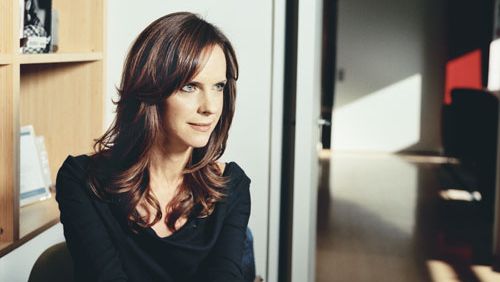
Tall and slender, with glossy dark hair, Jennifer Buffett looks more like Hollywood's idea of a female philanthropist than the real thing. But Jennifer, 45, has emerged as a major player in American philanthropy as well as the global movement to empower women and girls.
Her mission to change the world began with the cataclysmic event she calls The Big Bang: the announcement in 2006 by her husband Peter's father, Warren Buffett, one of America's richest men, that he was giving the couple $1 billion to distribute as they saw fit — a charitable gift he also made to his two other grown children. "The only instruction Warren gave was to go where people aren't necessarily going — to pick a place where you can really make a difference, and stick with it," Jennifer explains.
She and Peter traveled the world trying to figure out which issues to address. "Everywhere we went, it was so obvious that women and girls were left out of the decision-making," she says. "They have no assets, and they were bearing the enormous burdens of conflict situations and patriarchal families. We thought, This is where we can make a difference."
In 2006, the Buffetts established the NoVo Foundation, whose name is derived from the Latin word for change. Its top priorities include empowering women and girls as a strategy to end poverty; promoting healthy child development; and stopping gender-based violence in the United States and abroad.
"Whether we live in New York or Nairobi, we need to be free from exploitation and violence," Jennifer explains. "Society is not organized around the needs of women and girls; we don't have an equal voice. I want to work in the most marginalized settings, to expose the systems that keep women and girls down."
NoVo invests in a wide range of initiatives, from working with the International Rescue Committee on a grassroots effort to end violence against women and girls in Liberia, to supporting centers for rape victims in Sierra Leone and Ivory Coast, to helping to keep children in the slums of red-light districts in Bangladesh and India in school.
In 2008, NoVo gave away $56 million in grants, and the Buffetts earned the Clinton Global Citizen Award for their work prioritizing adolescent girls. "With NoVo, you're talking about a much higher level of giving than most family foundations, and Jennifer is a wonderful role model," says Chris Grumm, former president of the Women's Funding Network. "Her leadership has grown immensely, and it's been really exciting to watch."
Stay In The Know
Get exclusive access to fashion and beauty trends, hot-off-the-press celebrity news, and more.
And yet only a handful of years ago, Jennifer felt impotent and miserable. The Buffetts first met when Jennifer happened to sit at a table next to Peter, an Emmy Award — winning musician and composer, in a Milwaukee restaurant one day. "It was like a meteor hit our hearts," recalls Jennifer, who was then 25. "It undid all my plans. I don't know if destiny is the word, but there's an inner knowing. I believe that when you have those feelings and impulses, your job is to follow them."
They married when Jennifer was 30, and she spent the next decade devoting herself to Peter's work, a self-effacing choice that came all too easily. "I have a twin brother and had been socialized to support him and let him go first," explains Jennifer, who was raised in a traditional Catholic family in Milwaukee.
But one day she woke up and thought, "I feel invisible," she recalls. "I remember thinking, This isn't working. I'm putting all this energy into someone else's thing, but it's always going to be his, not ours. I have no voice. So I started to be really depressed."
She says she tried to talk with Peter about changing their relationship, but "he didn't want to hear it," she says. "When I hit the low point, I realized that it didn't matter if the marriage was over. I finally said, 'Enough!' — and everything changed."
Instead of ending the marriage, her rebellion unexpectedly revitalized it. "I just said, 'I'm taking control of my life. You can do what you want, but I'm not participating in it anymore,'" reports Jennifer, whose experience convinced her that conventional gender prescriptions are deeply destructive to women.
"I don't think the traditional female role serves us. I think it serves men," she says. "When somebody is subordinating themselves, it's just too easy for the other person to take them for granted and not value them. We need to start to say no. You think you're being selfless in giving, but you're being a martyr. Self-care is not a selfish act."
So when the Buffetts started their foundation, it was built on a very different premise. "We made an agreement that we were going to work on this together, as a partnership. We are cocreating, and we have an equal voice," says Jennifer.
For her, the impact has been revolutionary. "I feel more alive than I ever have in my whole life," she says. "We have the ability to do so much. I can't wait to get out of bed and support that."
In investing in other women, Jennifer has also learned the key to empowering herself. "This is what I'm going to spend the rest of my life doing," she says. "I feel like my life is just beginning."
HOW TO GIVE: "Whether you're giving a hundred dollars or a billion dollars, you can participate in changing the world to benefit women and girls," says Chris Grumm, former president of the Women's Funding Network, a group of more than 160 charitable funds that focuses on women and girls around the globe. "Through women's funds, your dollars can be mixed with many others' dollars to change the world in a way you might not have thought possible." For a list of organizations represented by WFN, go to womensfundingnetwork.org.
-
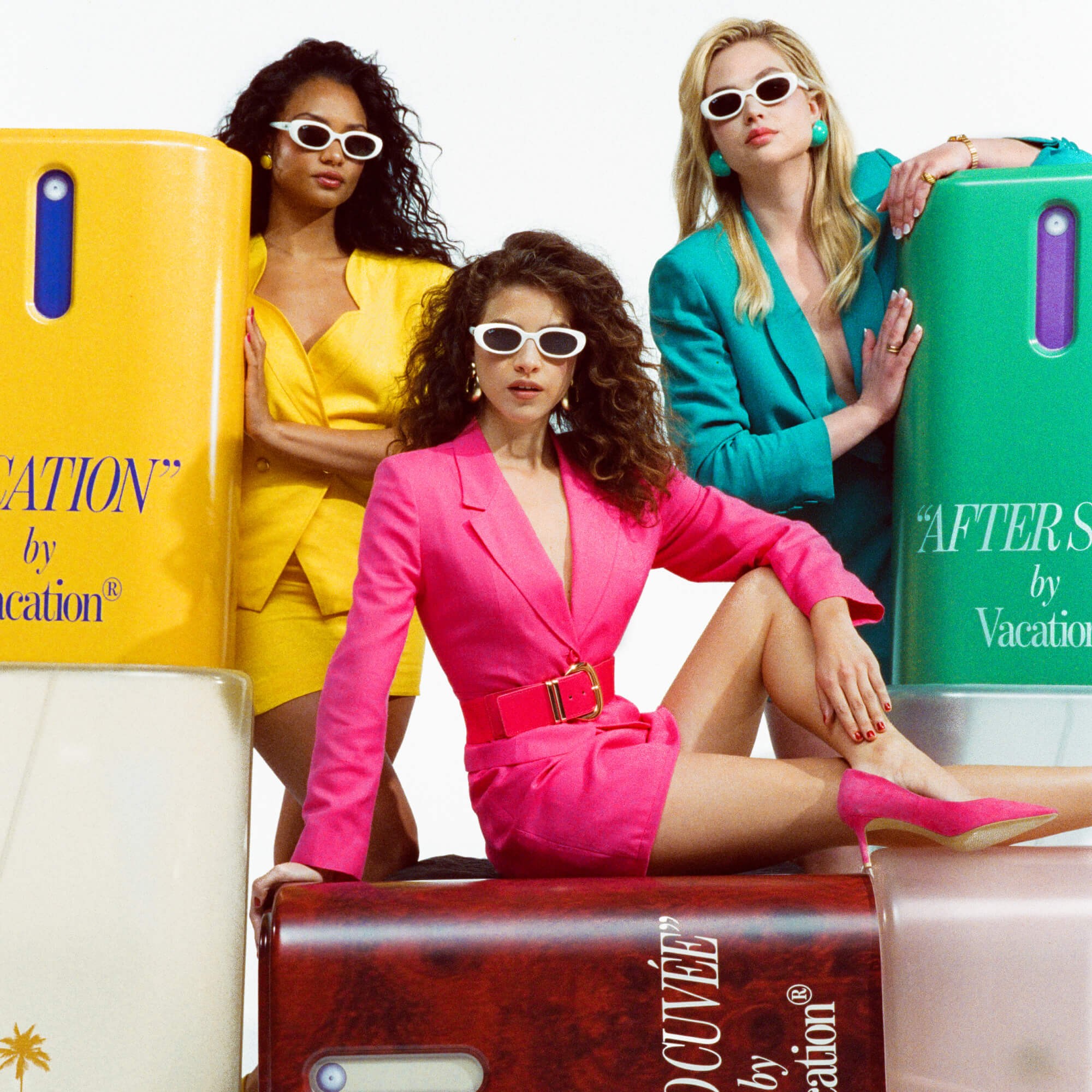 The Scent of the Summer Is a Little Bit Pool Water, Plus a Lot of Swimsuit Lycra
The Scent of the Summer Is a Little Bit Pool Water, Plus a Lot of Swimsuit LycraVacation’s new body mists are coming in hot.
By Samantha Holender
-
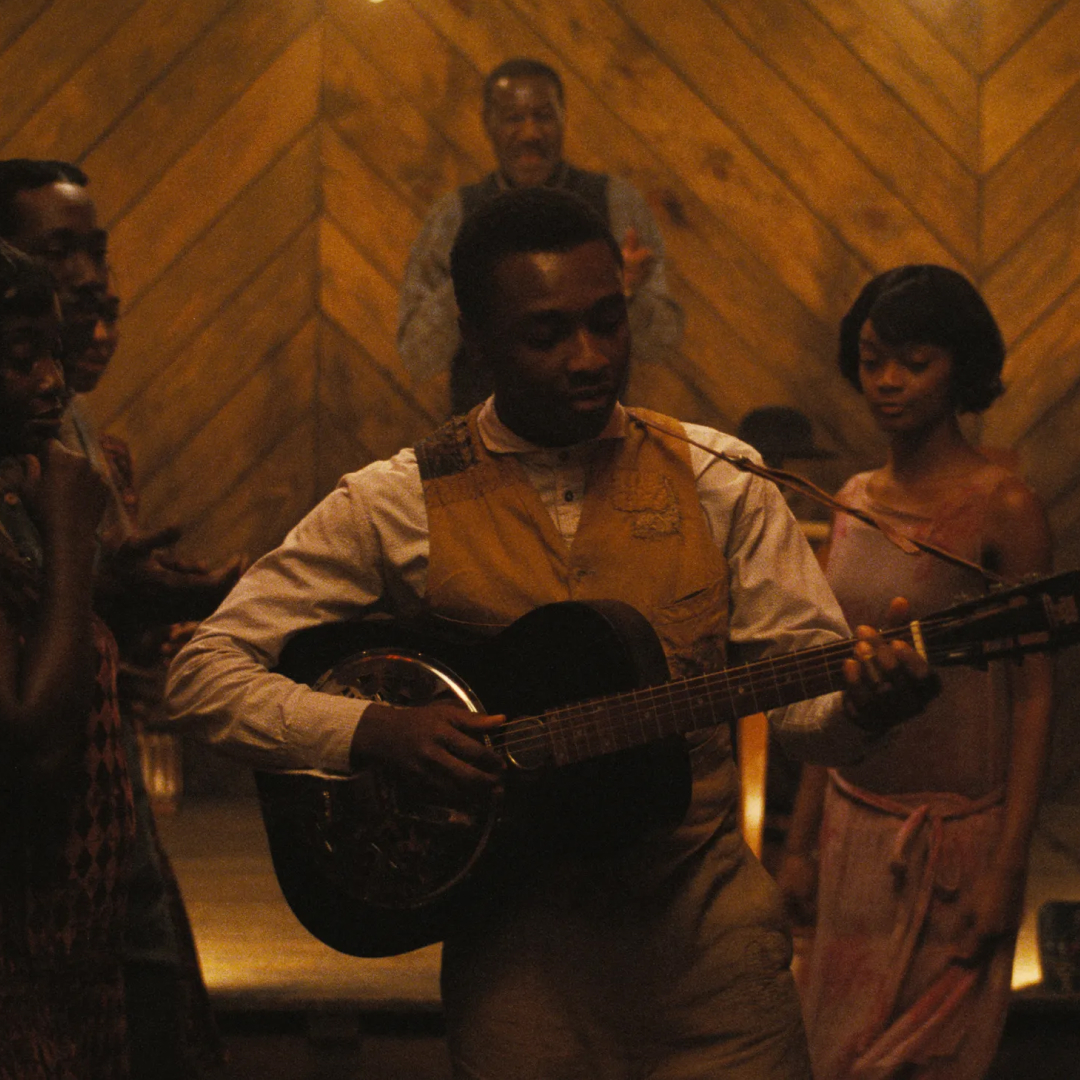 In 'Sinners,' Music From the Past Liberates Us From the Present
In 'Sinners,' Music From the Past Liberates Us From the PresentIn its musical moments, Ryan Coogler's vampire blockbuster makes a powerful statement about Black culture, ancestry, and art.
By Quinci LeGardye
-
 Kendall Jenner Has the Last Word on the Best Travel Shoes
Kendall Jenner Has the Last Word on the Best Travel ShoesLeave your ballet flats in your checked bag.
By Halie LeSavage
-
 Meet 'Selling the City' Star Jordyn Taylor Braff: What to Know About Her Career Trajectory and Dating History
Meet 'Selling the City' Star Jordyn Taylor Braff: What to Know About Her Career Trajectory and Dating HistoryShe even had a surprising career path before joining Douglas Elliman.
By Quinci LeGardye
-
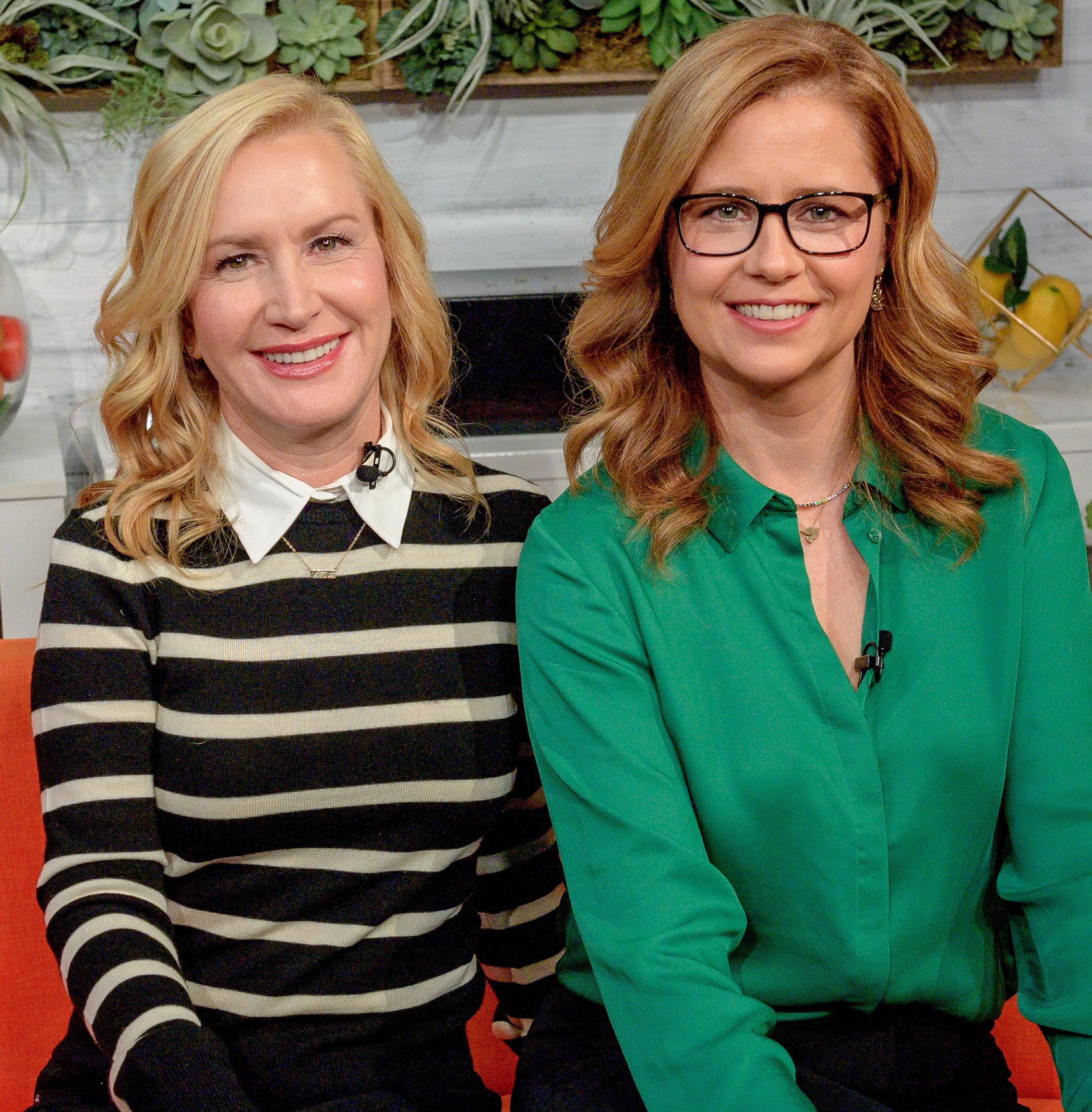 32 Celebrity Podcasts Worth Listening To
32 Celebrity Podcasts Worth Listening ToGrab some headphones and tune in.
By Katherine J. Igoe
-
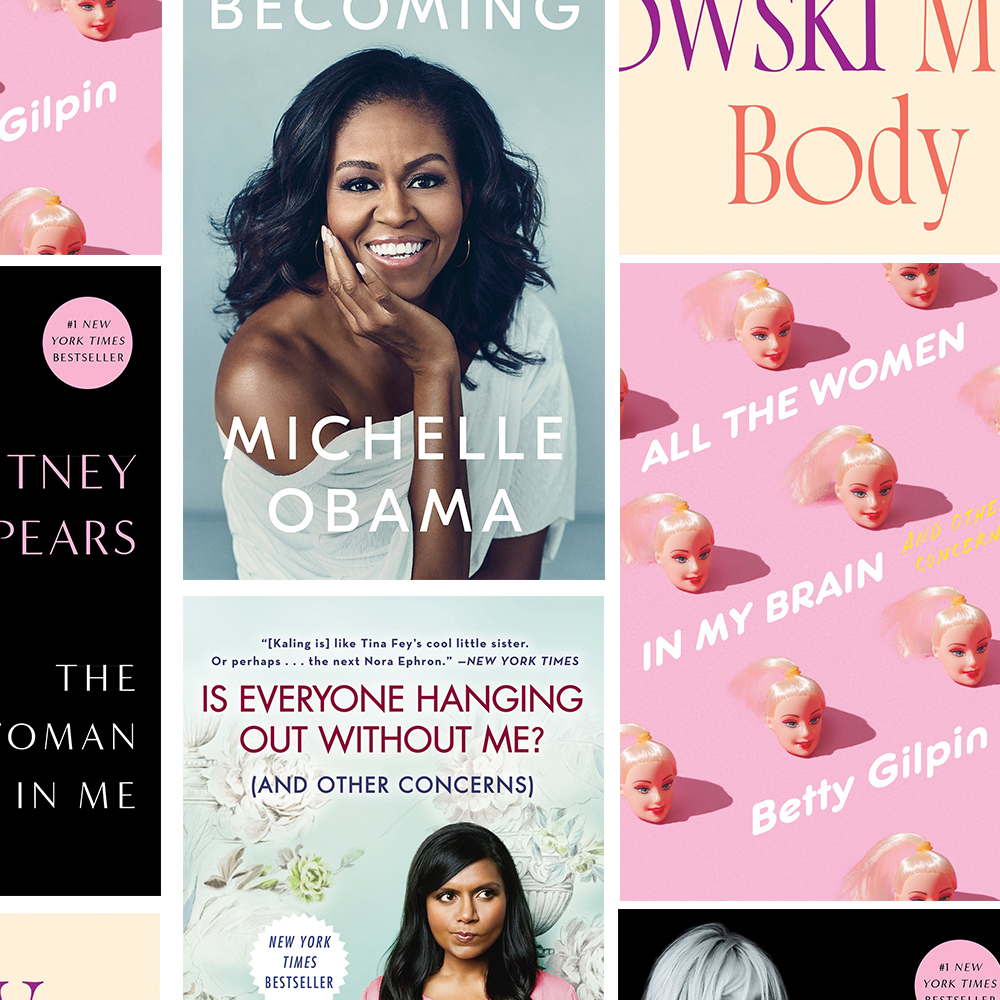 The 30 Celebrity Memoirs That Are Actually Worth Reading
The 30 Celebrity Memoirs That Are Actually Worth ReadingBritney Spears, Demi Moore, Jessica Simpson, and more drop some serious bombshells in these pages.
By Andrea Park
-
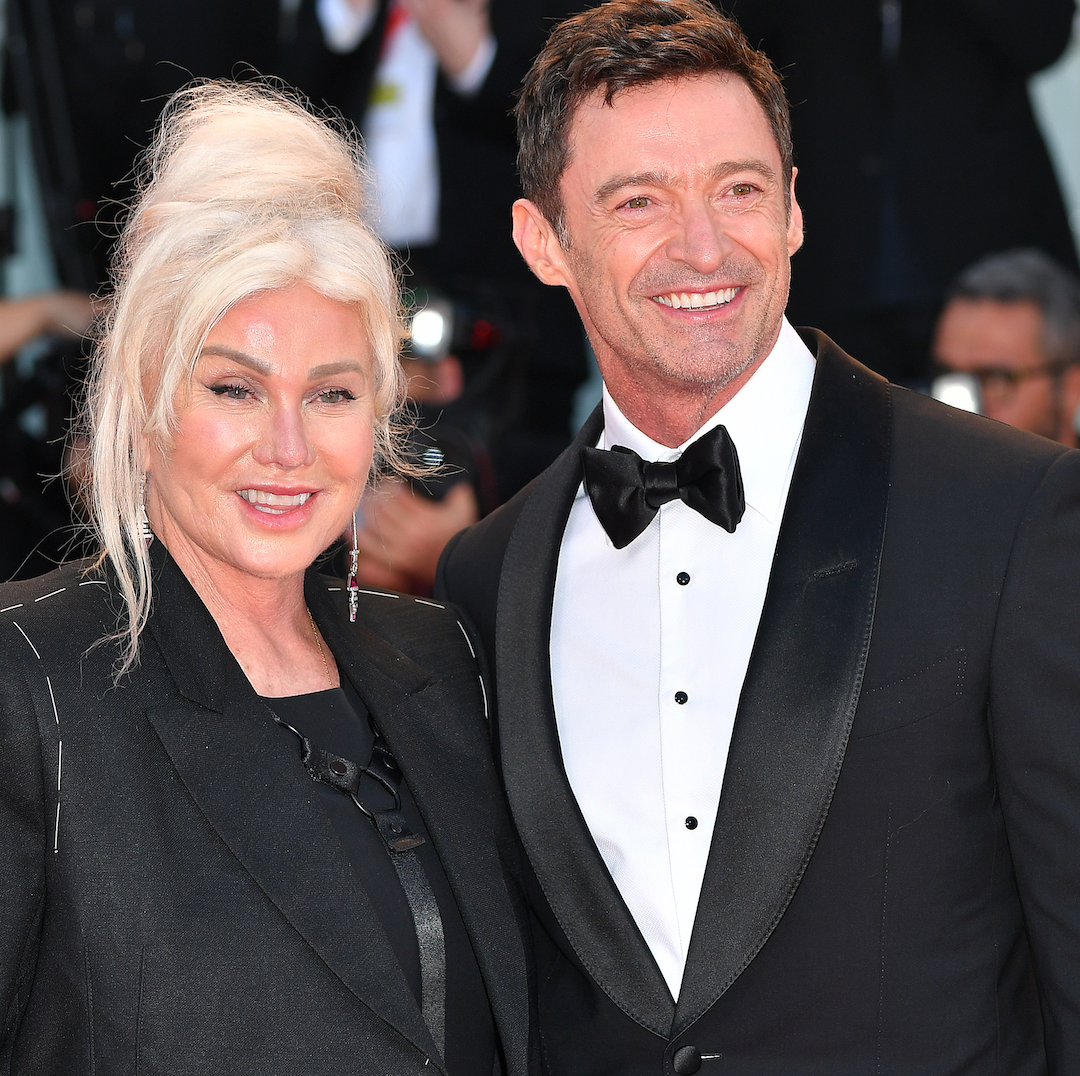 Who Is Hugh Jackman's Ex-Wife, Deborra-lee Furness?
Who Is Hugh Jackman's Ex-Wife, Deborra-lee Furness?Features She was married to the actor for 27 years.
By Quinci LeGardye
-
 The Unstoppable Alia Bhatt
The Unstoppable Alia BhattBollywood’s silver-screen darling is both at the top of her game and just getting started.
By Neha Prakash
-
 The 30 Best Movies on Hulu Right Now
The 30 Best Movies on Hulu Right NowFrom 'Fight Club' to '10 Things I Hate About You.'
By Brooke Knappenberger
-
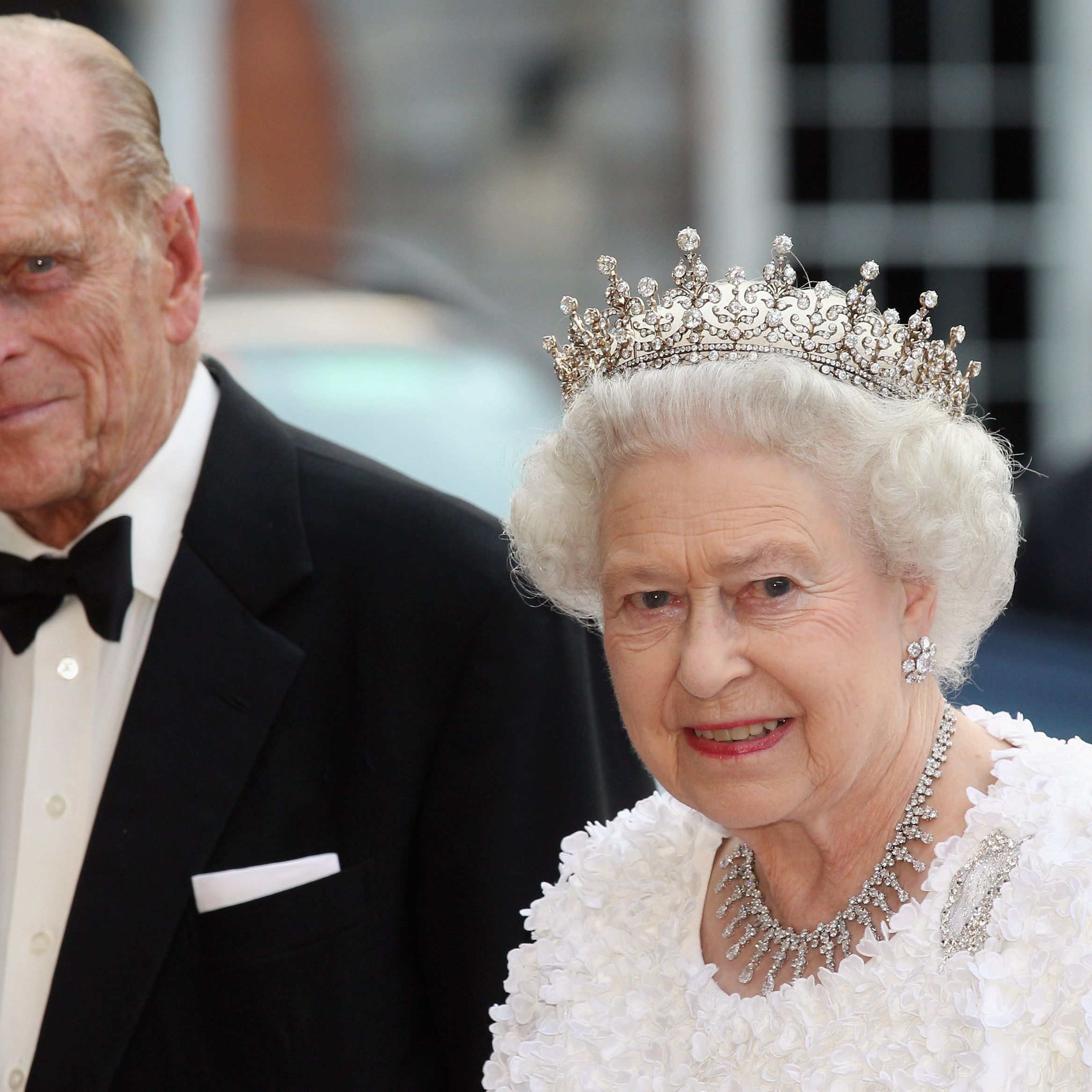 The Queen and Prince Philip: A Timeline of Their Royal Relationship
The Queen and Prince Philip: A Timeline of Their Royal RelationshipLooking back at their royal romance.
By Olivia Blair
-
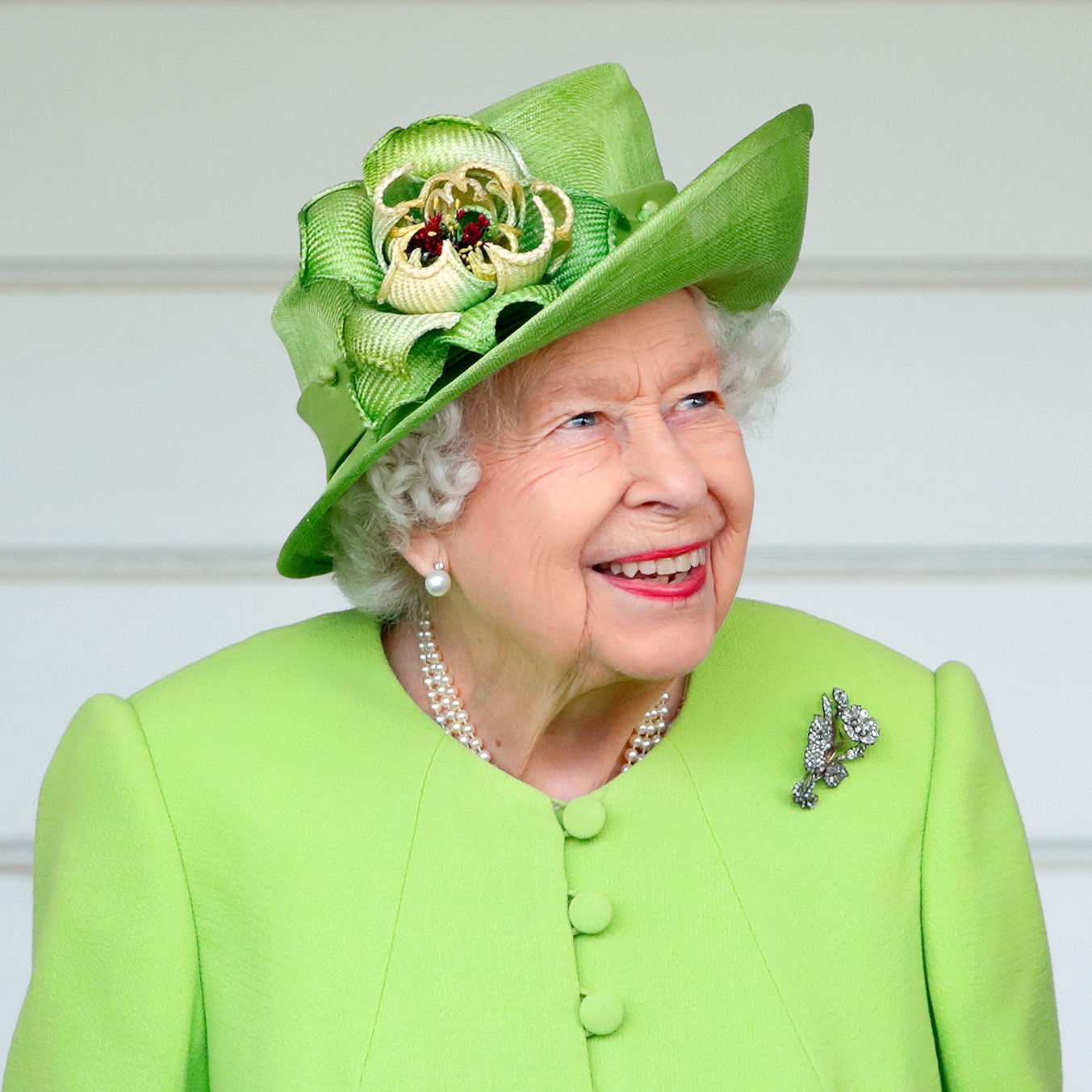 Queen Elizabeth Has Passed Away at 96
Queen Elizabeth Has Passed Away at 96After a 70-year reign, the queen passed away at her home in Balmoral, Scotland.
By Jenny Hollander